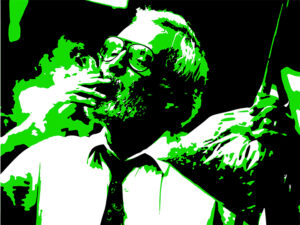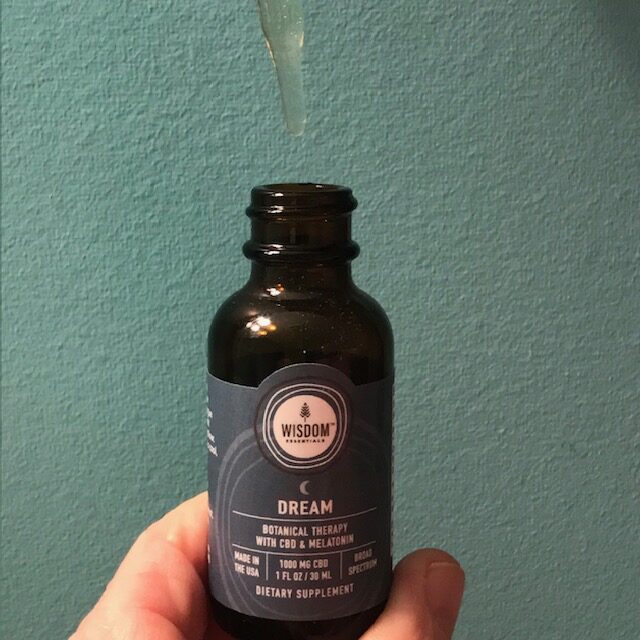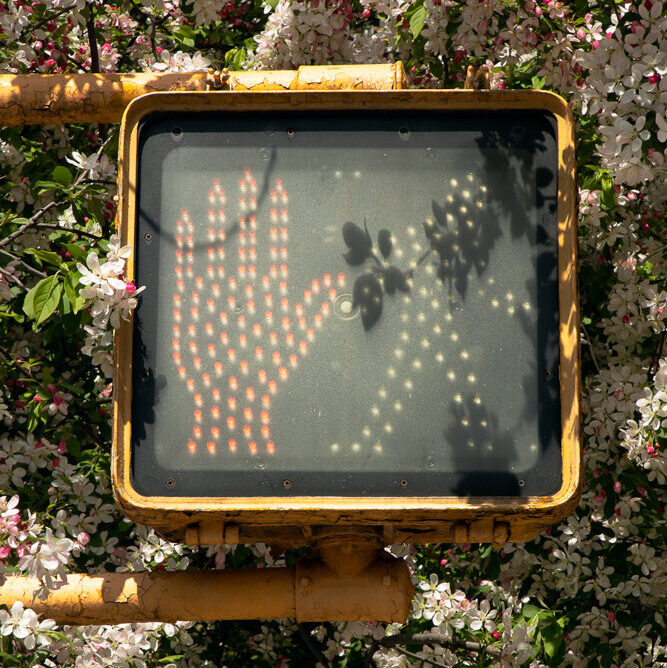From CBD to THC, America’s Middle Aged Are Turning to Once Taboo Treatments to Heal Their Aches and Pains

Middle Aged Weed Smoker. Credit: Ari Adams
Two years ago, my mother went to her doctor complaining about restless leg syndrome in the hopes of receiving a prescription to temper the nerve condition that kept her up at night. Instead, she was told that the side effects of any medicine would likely be worse than what she was already experiencing, and that her best course of action was to increase her magnesium intake and start stretching. When those two remedies delivered unsatisfactory results, she took what she called an “absolutely huge” step: exploring the medicinal qualities of cannabis.
“I mostly grew up with Western medicine and anything made out of cannabis was verboten,” she said. But now, she regularly uses a CBD-based tincture to get her through the day, and THC infused gummies and chocolate to help her sleep through the night. “I was skeptical and leery of the side effects, how I was going to react, all that kind of stuff. But it went pretty well.”
My mother isn’t the only skeptic turned cannabis convert. According to a Consumer Reports survey, the number of Americans aged 65 and older who have tried a CBD product rose from 14 percent to 20 percent between 2019 and 2020, while overall cannabis use among that cohort increased from 2.5% to 4.2% between 2015 and 2018. According to AARP, 36% of Colorado’s medical marijuana registry is made up of patients 50 or older.
There’s ample reason to think that those numbers will grow, too. Although some state laws have yet to go into effect, medical marijuana will soon be legal in all but two states, and the 2018 Agricultural Improvement Act has legalized hemp and hemp-based products with a THC product of lower than 0.3%, exponentially expanding the market for THC based wellness products.
According to Tom Lamb, the co-founder of CBD-based company Wisdom Essentials, the baby boomers’ embrace of these once frowned upon treatments isn’t just about embracing alternative forms of therapy. It’s also about turning their back on a pharmaceutical industry he says has taken them for granted.
“If you watch the drug advertisements they run during the nightly news, they all portray older people as kind of old and broken and in need of all of this science to be better, feel better, et cetera,” he said. “And I’m not denigrating any of the science, but the marketing as a whole talks to older people in a way that’s, ‘go sit on your rocking chair, sit off to the side, and just kind of let us run things.’ We took offense to that, frankly.”

Credit: Michael Lovito
Lamb and his business partner Denis Keane founded Wisdom Essentials in 2019 to take advantage of the liberalized hemp laws and cater to what they saw as an underserved demographic. In addition to selling a line of CBD-based tinctures, edibles, and balms, Lamb and Keane have built their company around promoting the idea of the “Modern Midlifer,” loosely defined as members of the 45 plus age group who are leveraging CBD and other non-traditional treatments to reclaim their youth and embark on a sort of second act in life.
“We’re of that community, Denis and I, and we want to serve that community. It’s kind of on the nose with the name ‘Wisdom Essentials,’ but we’re talking about experience and perspective and point of view, and all of those things that, frankly, age and experience gives you,” he said. “It goes beyond CBD and physical health and into financial health and mental health and how to eat and sleep and exercise both your mind and body.”
Gerry Wells, a 61-year old who runs an average of 50-miles a week, may be Lamb’s perfect customer. Wells started using a CBD-based topical cream to treat her carpal tunnel syndrome as an alternative to traditional pharmaceuticals and surgery, which she says she tries to avoid.
“As I’m getting older, I don’t want an operation, I don’t want a pill. People at 61 don’t recover in the same length of time as somebody who’s 21,” she said. “So I look to other ways that I can naturally help the healing process. CBD is an avenue to explore that.”
Since she started applying the cream to her wrist about six-weeks ago, CBD has become a key part of Wells’ pain treatment and recovery regime for her ankle, which was recently diagnosed with tendonitis, a decision that she says received a valuable endorsement.
“I showed up to the orthopedic surgeon the other day, and he asked me how my lower leg and ankle were feeling,” she said. “And I said to him ‘I’ve been alternating on the bike and elliptical, I’ve been doing my weights, and oh, by the way, I’ve been applying CBD cream.’ And he looked at me straight in the face and said, ‘That’s great. I’m a big proponent of that.’”
Lamb is keen to emphasize that CBD has no psychoactive effects, and that Wisdom Essentials’ market research indicates that their target customers aren’t interested in the “high” provided by THC and other once taboo but now en vogue treatments like psilocybin. But while Lamb and his customers may not want to use THC, support for legalizing it is at an all-time high among baby boomers. According to a 2020 Gallup poll, 60% of people 50 to 64 years old, and 55% of people 65 up, support legalization.
This trend has been reflected at the ballot box, too. In 2020, every ballot measure that would have expanded the legality of marijuana, even in traditionally conservative states like Mississippi, Montana, and South Dakota, passed with flying colors. National Organization for the Reform of Marijuana laws executive director Erik Altieri said that those results “illustrate that support for legalization extends across geographic and demographic lines.”
Wells herself said she would be open to using THC products if they proved to be beneficial to her health. As far as why her generation has become more accepting of experimental and alternative remedies Wells thinks, like Lamb, that it’s a product of age and wisdom.
“Maybe younger people want a quicker fix,” she said. “Older people like myself aren’t used to immediate gratification. The way we grew up, we’re conditioned to have more patience and understanding.”




